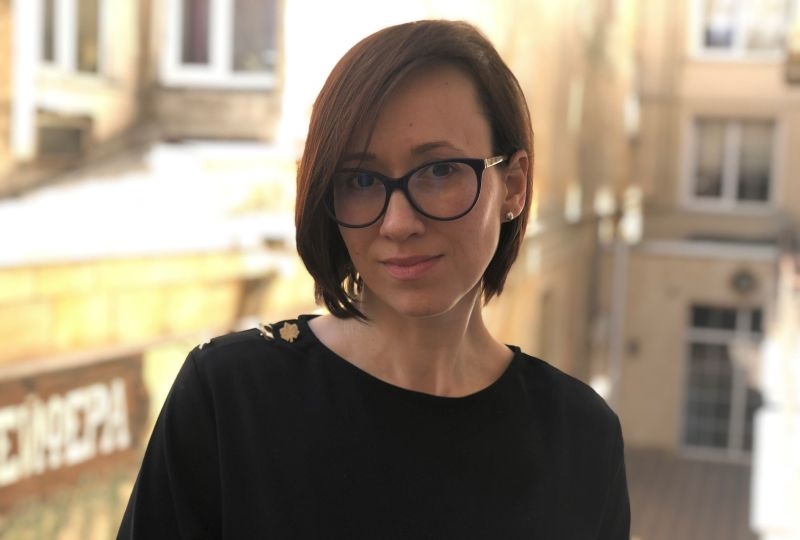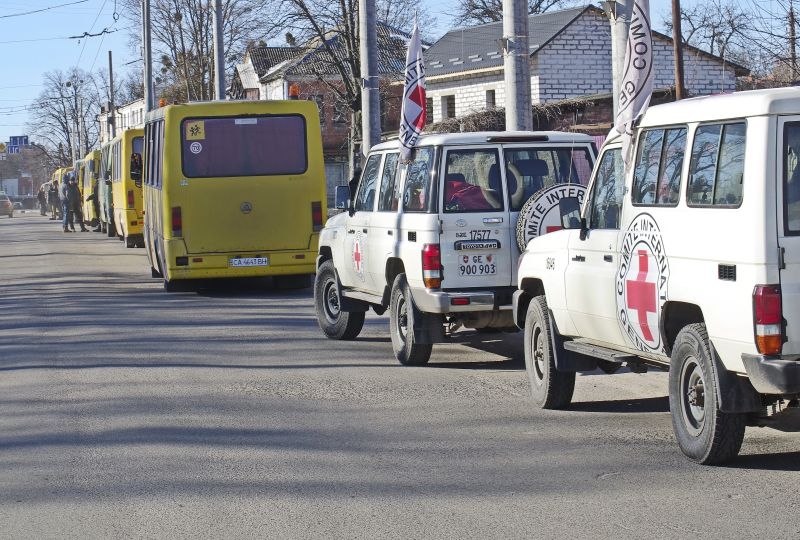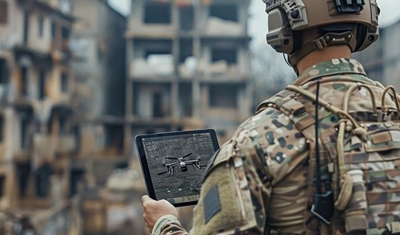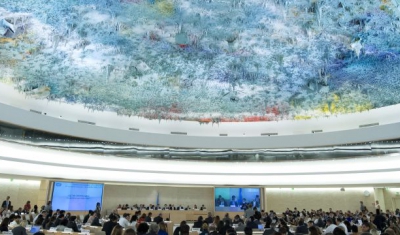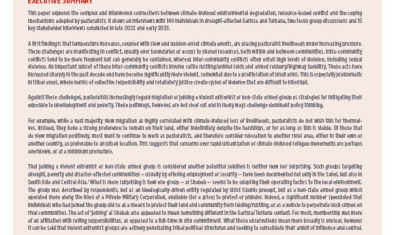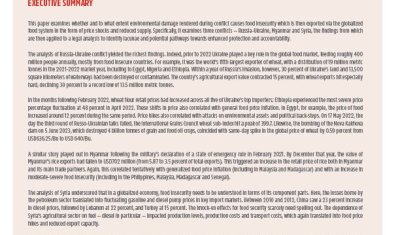Geneva academy cookie settings
We use various third-party cookies to provide social media features and to analyze our traffic. Please use the options below to manage your cookie settings. You can change your cookie settings at any time. Please be aware, if you deny cookies, certain features of our website may not work.
Customize
This will apply to all services
Social networks
Google Analytics
Videos and media
YouTube


